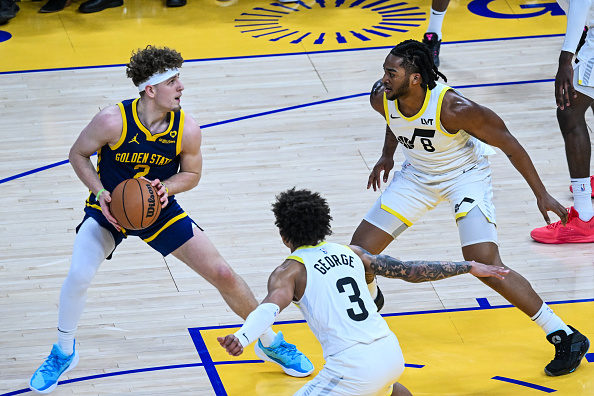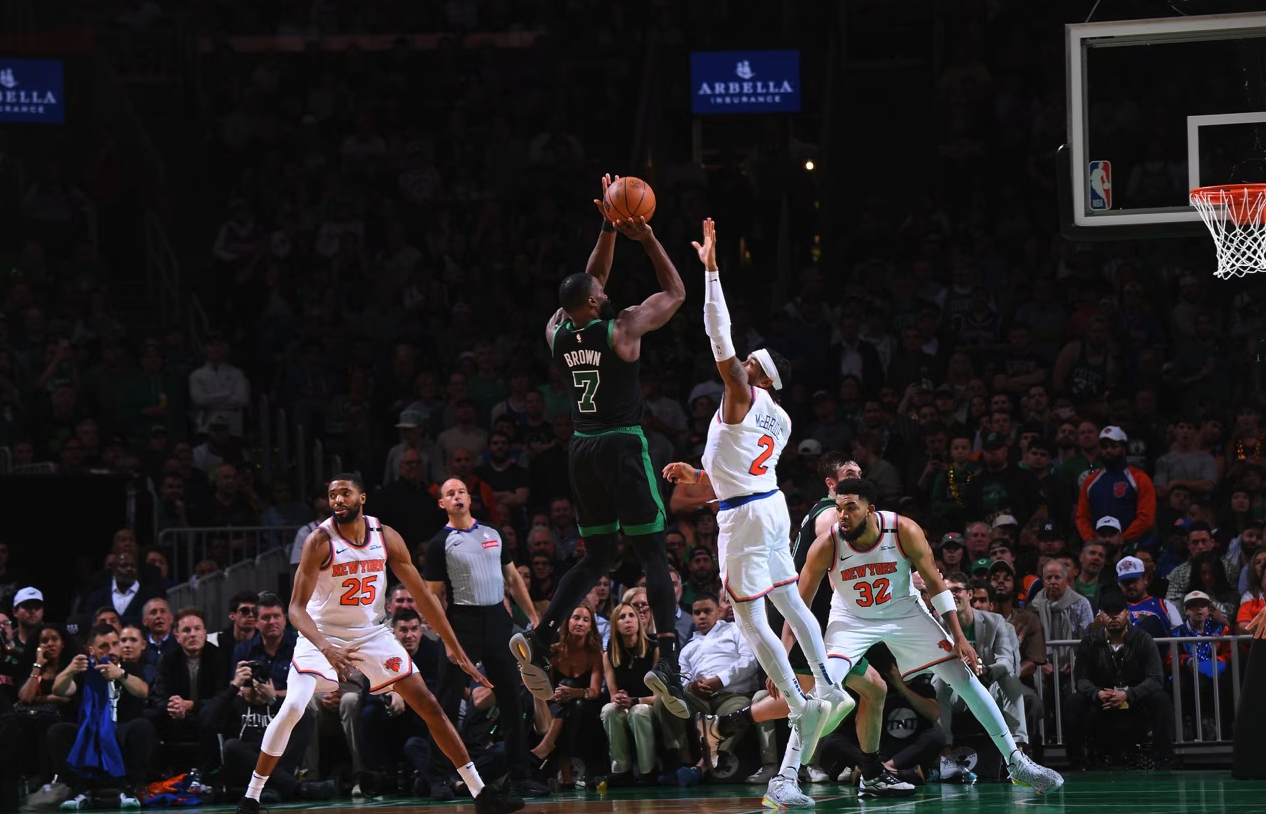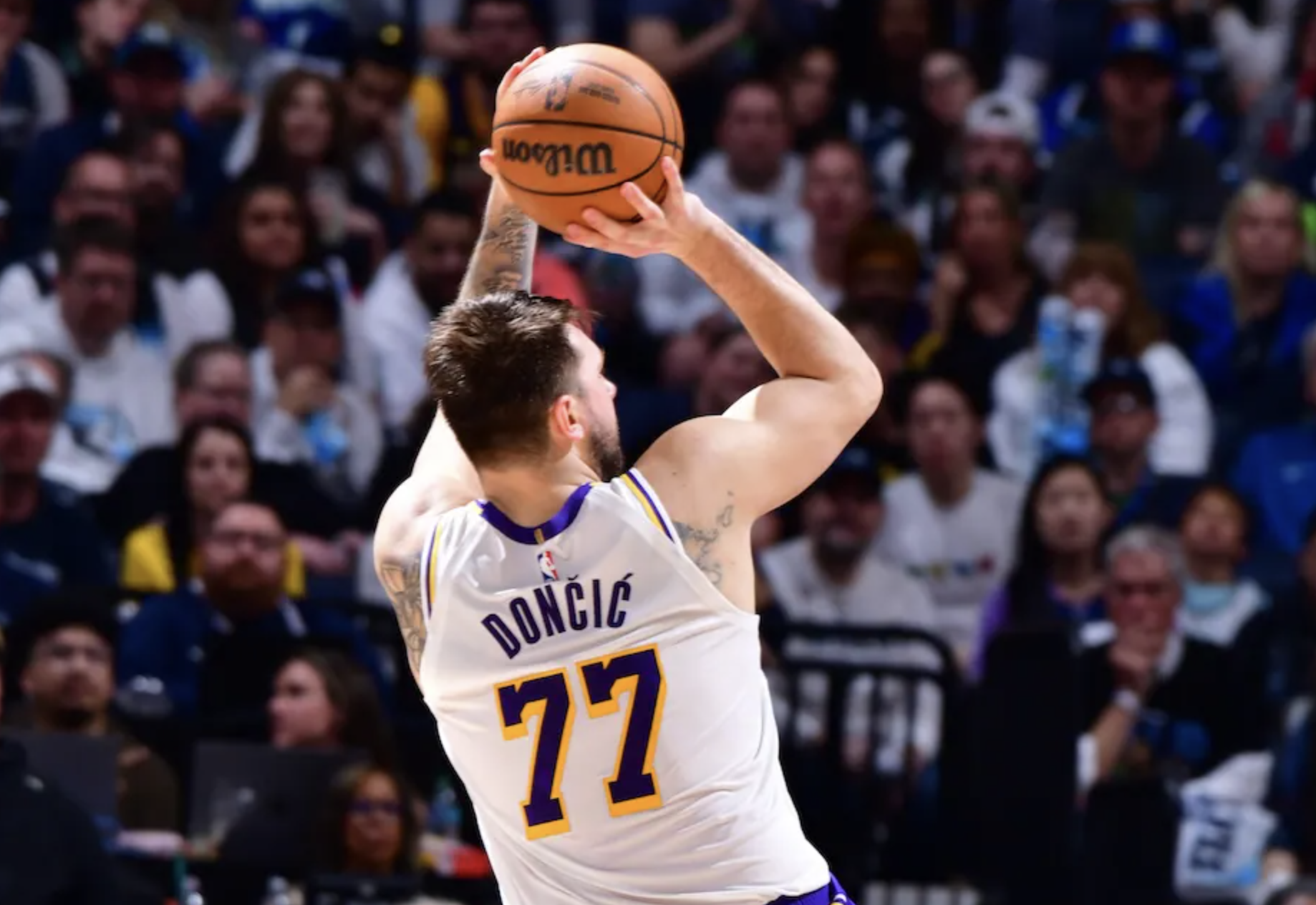The 2017 NBA Draft Class bestowed the NBA with three young stars in three remarkably different circumstances.
With the third pick in the draft, the Boston Celtics (via trade) selected Jayson Tatum out of Duke. 10 picks later, the Utah Jazz (via trade) selected Donovan Mitchell out of Louisville. 14 picks later, the Los Angeles Lakers (via trade) selected Kyle Kuzma out of Utah.
Over the last two seasons, Tatum, Mitchell, and Kuzma have established themselves as some of the best young talents in the NBA. In particular, Tatum and Mitchell have come alive in playoff runs, propelling their teams to electric runs in 2018. Kuzma has yet to make the playoffs, but his team appears to be the closest to title contention in 2020.
In terms of putting the ball in the basket, Tatum and Kuzma have had enough ball handlers and scorers around them to play more of a limited role in the offense. Tatum has yet to hit 16 points per game and Kuzma has maxed out at 18.7 points per game. In contrast, Mitchell was relied upon from early in his rookie season to carry the Jazz offensively.
One of a handful of rookies to ever average 20 points in his first campaign, Mitchell ratcheted up his scoring to an electric 23.8 points per game in 2019. Mitchell has also been more effective as a playmaker and ball-handler, but Tatum and Kuzma have had to share the court with the likes of Kyrie Irving, Lonzo Ball, and LeBron James, so facilitation will not be included.
Offensive Advantage: Donovan Mitchell
Defensively speaking, the three are very different prototypes. Mitchell is very much a combo guard while his smaller frame compared to Tatum and Kuzma. Tatum seems effective in defending threes while Kuzma is better with fours. Despite the cross-position analysis, Mitchell once again comes out on top as he has developed an underrated defensive game to go along with his effectiveness on offense. His high-level defensive play could be due to the pieces around him (namely two-time Defensive Player of the Year, Rudy Gobert, and backcourt partner, Ricky Rubio; now Mike Conley), but Mitchell has translated his quality defense from the ACC to the NBA. On the other hand, Tatum and Kuzma are average defenders. They have their moments of utilizing length to disrupt shots and driving lanes, but neither is a top-tier defender like Mitchell.
Defensive Advantage: Donovan Mitchell
All three players have found homes in steady playoff franchises, but Kuzma seems to have the edge as he now plays alongside LeBron James and Anthony Davis. Tatum files into second place because of his presence in the Eastern Conference. Mitchell stumbles to third despite the Jazz being arguably the best team of the three. It seems unlikely that the Jazz could manage their way through the gauntlet of the Western Conference due to their lack of offensive star power besides Mitchell.
Situation Advantage: Kyle Kuzma
Moving forward, Tatum seems to have the highest ceiling of the three players. Mitchell might be a more productive scorer, but Tatum could be the best player on an NBA Finals roster if he takes over the scoring load from Kemba Walker. Kuzma has a colossal disadvantage of trying to establish himself as a star next to James and Davis, but he could be in the position to assert himself as a factor in the playoffs just as Mitchell and Tatum did earlier in their careers.
Upside/Potential Advantage: Jayson Tatum
In 2020 and beyond, Mitchell seems like a borderline All-Star in the Western Conference. Tatum is more likely to make it to an All-Star roster simply due to the overwhelming amount of guard talent standing in the way of Mitchell. Kuzma is unlikely to be an All-Star unless something dramatic changes as he is currently the third-best forward on his team and the fifth-best forward in Los Angeles.
2020 Advantage: Donovan Mitchell/Jayson Tatum tie
Next season, a certain De’Aaron Fox could welcome himself to the conversation as the best player from the 2017 class, but currently, the top of the class is Donovan Mitchell.






